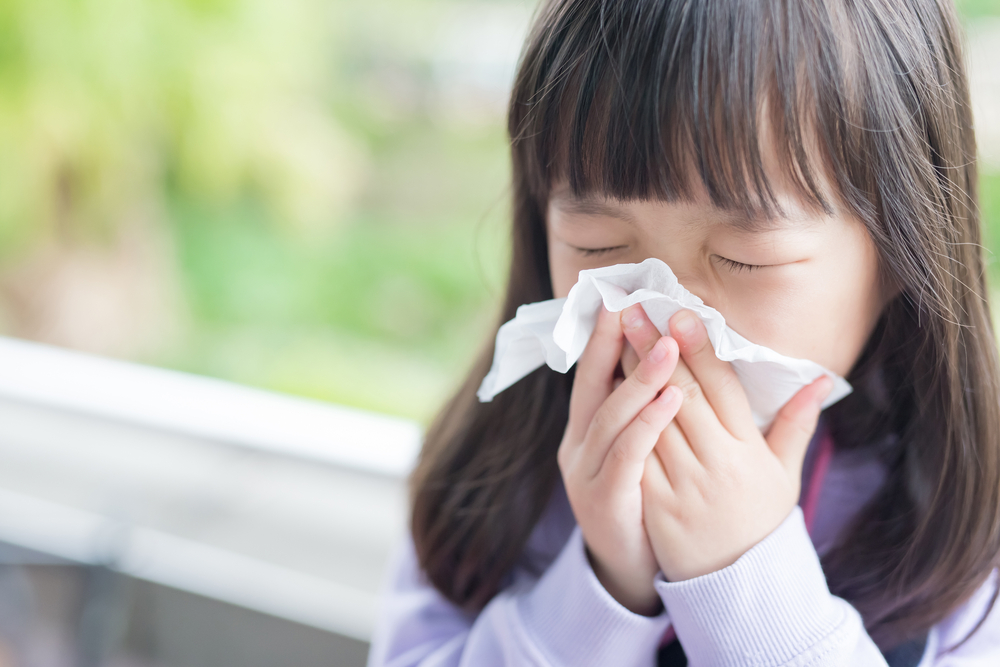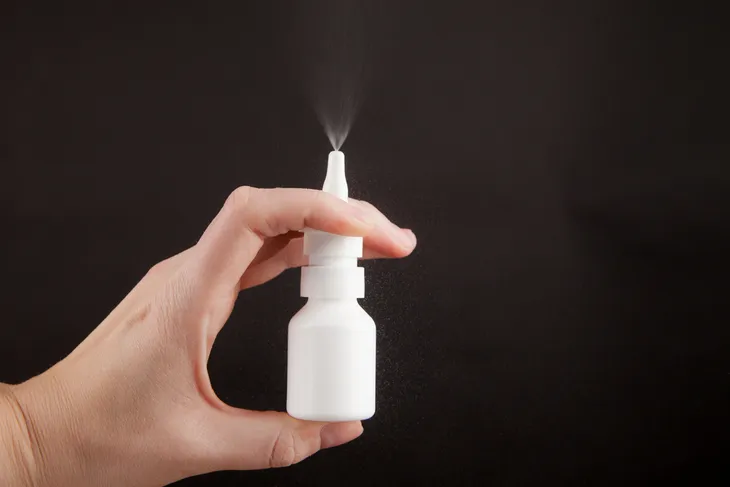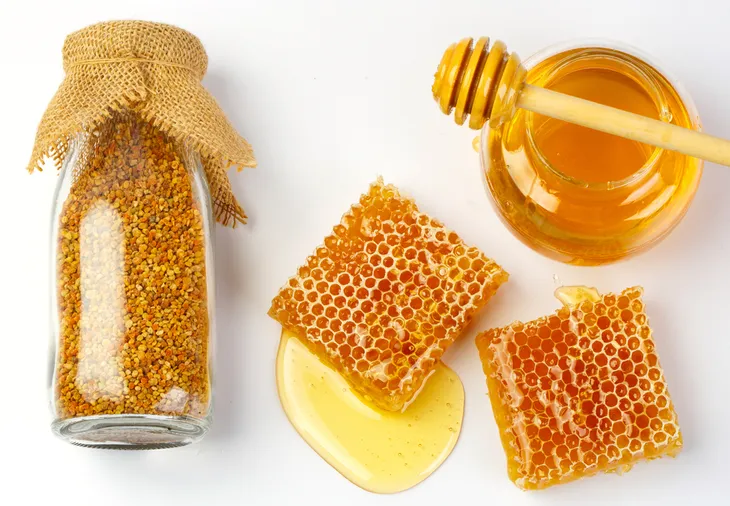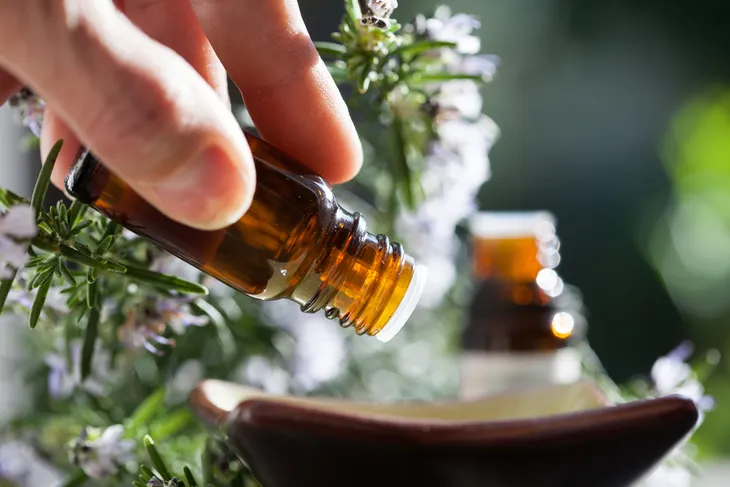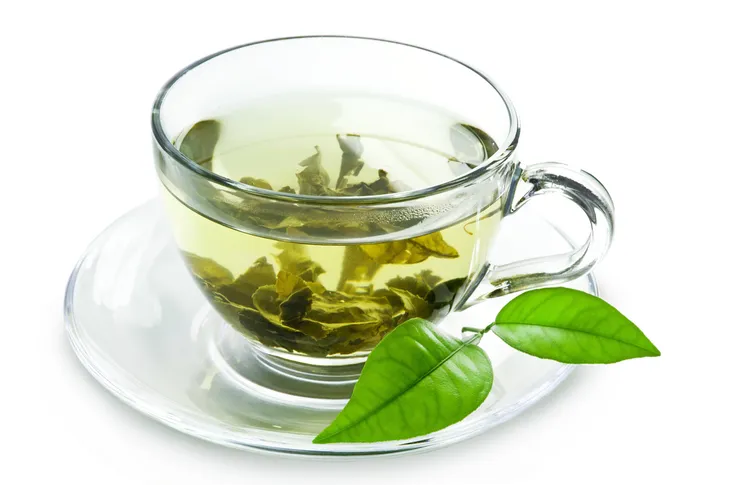It sure was nice outside yesterday—speaking as a resident of the Southwestern part of Canada that is known for being buried in a deep freeze until the middle of May. Temperate, sun-filled days in late winter and early spring can be rare treats when the temperature peaks slightly over freezing and registers in the double digits.
When early spring comes around, there can be an increase in cold and flu reports. Fortunately, these nine effective approaches may save you from an early spring illness…
Breathe in A Little Steam
There’s a reason why many of us are prone to colds during the colder months of the year. According to rhinology experts at the University of Pennsylvania, the cilia (or tiny hair-like extensions) in our nasal and sinus passages are quite sensitive to temperature changes. For those who are unaware, the cilia in our sinus and nasal cavities protect us by preventing and banishing germ pathogens from entering the body.
When it’s warm outside cilia respond fairly quickly—however, in colder temperatures cilia are much more lethargic. Understandably, when a quick temperature plummet follows a warm stretch, sicknesses can rise.
Soothe That Dry Nose
Our nasal and sinus passages sure are high maintenance. Not only do they expect to be kept warm to keep germ-sweeping cilia working proficiently—they also prefer to be moist rather than dry to prevent the onset of illness.
Professors of rhinology at the University of Virginia School of Medicine, claim that moist nasal passages are the most proficient at keeping germs at bay. This is because dampness naturally flushes foreign viruses and bacteria out of the nasal cavities. However, when nasal passages become dry and crusty they lose antimicrobial efficiency. This is why using a saline nasal spray or gel and drinking lots of water can boost the body’s germ-fighting abilities.
Sweat Out Risk of Cold
Even though the thought of regular physical activity might make you gag (not literally), it can also prevent you from coughing, sneezing, and wheezing. Research has found that exercise can actually decrease upper respiratory infections and the severity of the infection when they do occur.
Researchers attribute daily workouts to engaging the immune system’s germ-fighting defenses. Perspiration and increased heart rate also generate epinephrine, a hormone and a neurotransmitter that narrows blood vessels in the nasal and sinus passages and relieves congestion.
Stick it to Colds with Honey
To prevent sickness, add a little natural sweetness to tea, yogurt, and cereal with honey. Numerous studies, including findings from a 2014 study conducted by researchers at the Nuclear Medicine, Oncology, and Radiotherapy Institute Islamabad, Pakistan, credit honey with natural antimicrobial and antioxidant powers.
Researchers tested the natural sweetener’s effects on colonies of Streptococcus pyogenes, the bacteria that causes strep throat. When Manuka honey was applied, the bacteria count decreased by roughly 85-percent. Researchers found that honey had a similar influence when employed on other types of bacterial illnesses (i.e., pneumonia, salmonella, and staph) as well.
Herbs for Immune Health
A journal article by the Virology Journal discussed the use of rosemary, which contains antiviral properties and can be utilized to reduce the risk of certain respiratory viruses.
The researchers claim that the carnosic acid within the herb works as an antiviral agent, shielding the body by preventing the replication of respiratory syncytial virus (RSV), an illness that attacks the lungs and breathing passages. So rub rosemary on grilled meats and spindle some in stews and soups to ward off illness.
Boost Probiotics with Greek Yogurt
You likely already know that probiotics can be effective in the fight against certain cold and flu viruses. Greek yogurt, a thicker more protein-packed version of traditional yogurt, is full of probiotics. These probiotics can improve gut health, strengthen the immune system, and ultimately help you fight an infection.
There are multiple types of Greek yogurt available on the market. Look for one that doesn’t contain too much sugar or added calories. Eat it plain or with fruit and granola. If you’re looking for a non-traditional way to use it, plain Greek yogurt is a great substitute for sour cream!
Soak Up the Sun
As if you needed yet another reason to bask in the sunshine. Doctors from the University of Colorado, at Denver and Massachusetts General Hospital, in Boston claim exposure to vitamin D (the sunshine vitamin) helps prevent respiratory infections (i.e., tuberculosis, asthma, sinus colds, and flu).
This is why it’s vital to get outside and soak up those rare rays of sunshine during winter. Researchers say that a mere 10,000 IU of vitamin D each day can reduce your risk of upper respiratory infection by 50-percent. Exposing a large area of skin (i.e., face, neck, back, arms) for just 10- 15-minutes per day can aid in the production of adequate vitamin D production.
Yoga to Fight Flu
Hitting the yoga mat increases immune function and lowers disease-causing stress, according to a study from Lady Hardinge Medical College, in New Delhi, India. Researchers conducted a controlled study on 60 students—half of which participated in 35-minutes of daily yoga for a 12-week period.
At the end of the 12-week study, researchers found that while the yoga-free group experienced increased stress hormone—the yoga-inclined group had no increase in stress hormone and were better able to withstand the impairment of cellular immunity and invading microbes that cause cold and flu.
Sip Green Tea
A group of German researchers from the Institute of Molecular Virology, at the University of Münster in Germany, insist on a cup of tea instead of pouring that second or third cup of coffee. Why? Findings from their study showed that a specific catechin, epigallocatechin gallate (EGCG), in green tea kills influenza virus particles.
Not only does EGCG prevent colds, but scientists also believe it puts the breaks on pneumonia-causing bacteria as well. In addition, pairing green tea with other steamy beverages—like herbal teas and hot lemon water—will loosen congestion and moisten nasal passages to sweep away invading germs.
